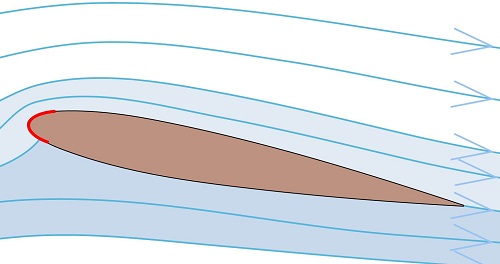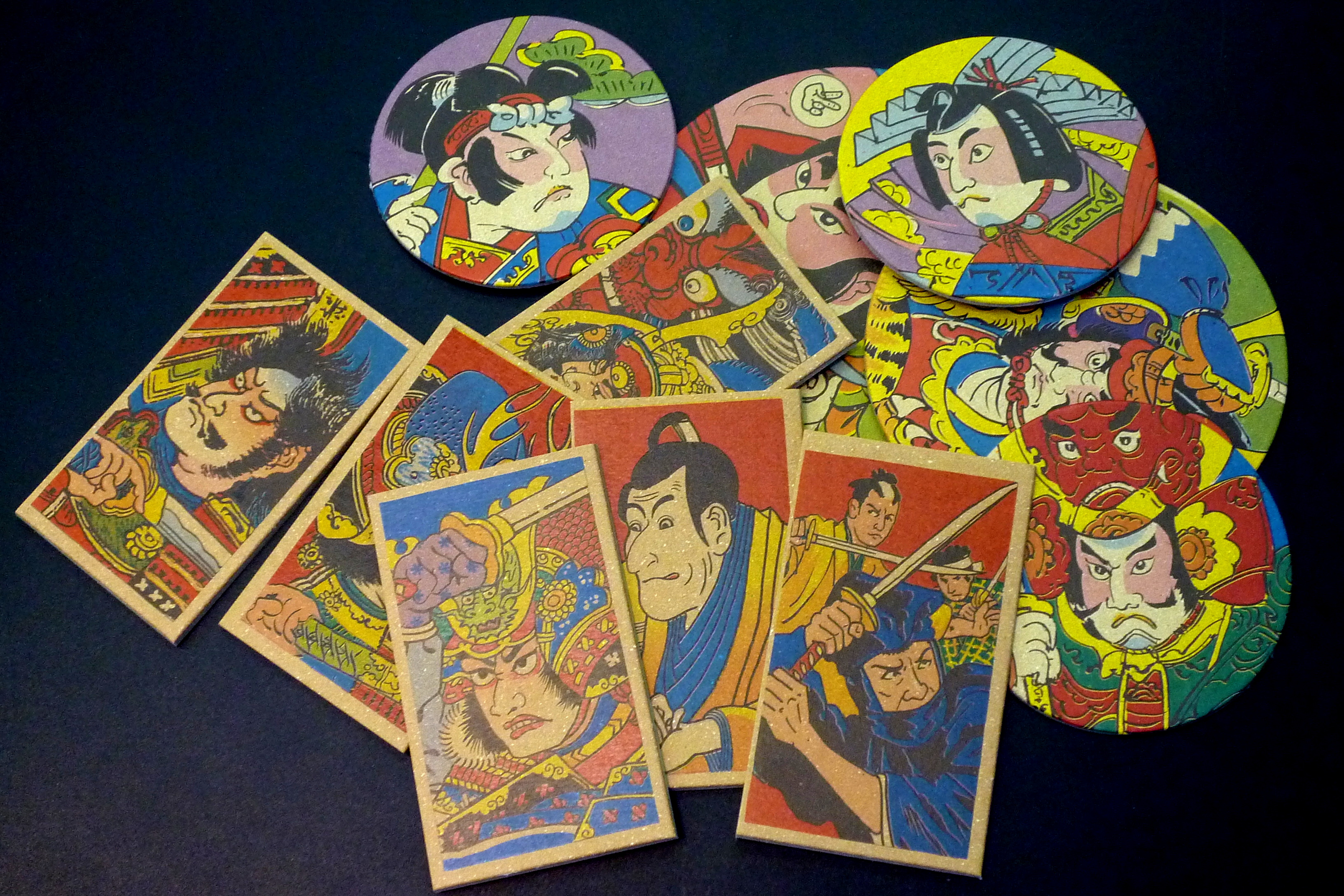What Tim did allowed less technical computer users to get on the Internet in a simple way. Some people call August 23 Internaut Day ('internaut' being a portmanteau of 'internet' and 'astronaut' – an early reference to technically able internet users).
Many people think the internet and the World Wide Web are the same thing – but they are different systems.
The Internet is a network of computers that are connected.
The World Wide Web refers to the web pages found on this network of computers. Your web browser uses the Internet in order to access the web.
Some chronology:
- 12 March 1989, Berners-Lee submitted a proposal for a "distributed hypertext system" that would allow scientists at CERN, the renowned particle physics laboratory in Switzerland, to share data from experiments across networks. He was using a NeXT computer, which was one of Steve Jobs' early products.
- October 1990, Berners-Lee began working on the world's first web browser, called WorldWideWeb – but it was later renamed Nexus so not to cause confusion between the WorldWideWeb (the software) and the World Wide Web (the information space).
- August 1991, the first website went online: http://info.cern.ch (check it out - they have preserved some cool things there)
- April 1993, World Wide Web technology was made available to all for free. "CERN relinquishes all intellectual property rights to this code, both source and binary and permission is given to anyone to use, duplicate, modify and distribute it," a statement read.
Tim Berners-Lee is now the director of the World Wide Web Consortium, which works to develop the Web. It is abbreviated WWW or W3C.










